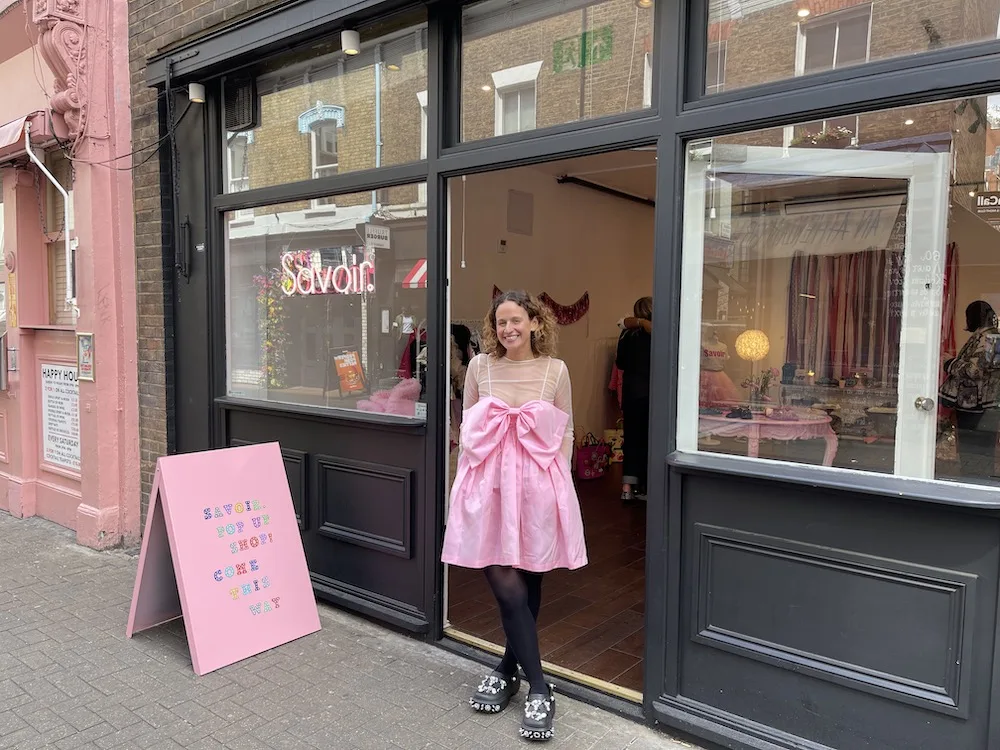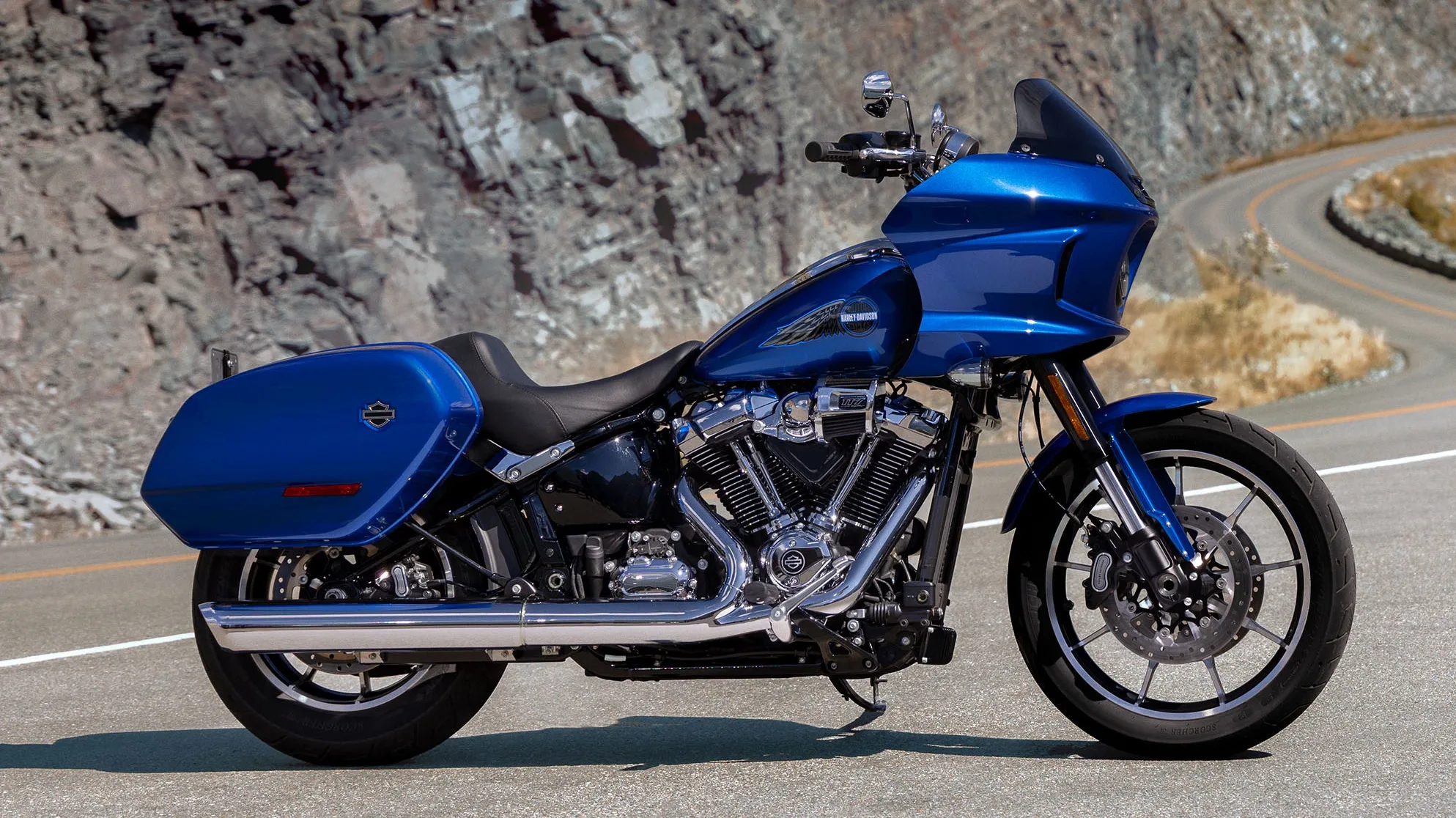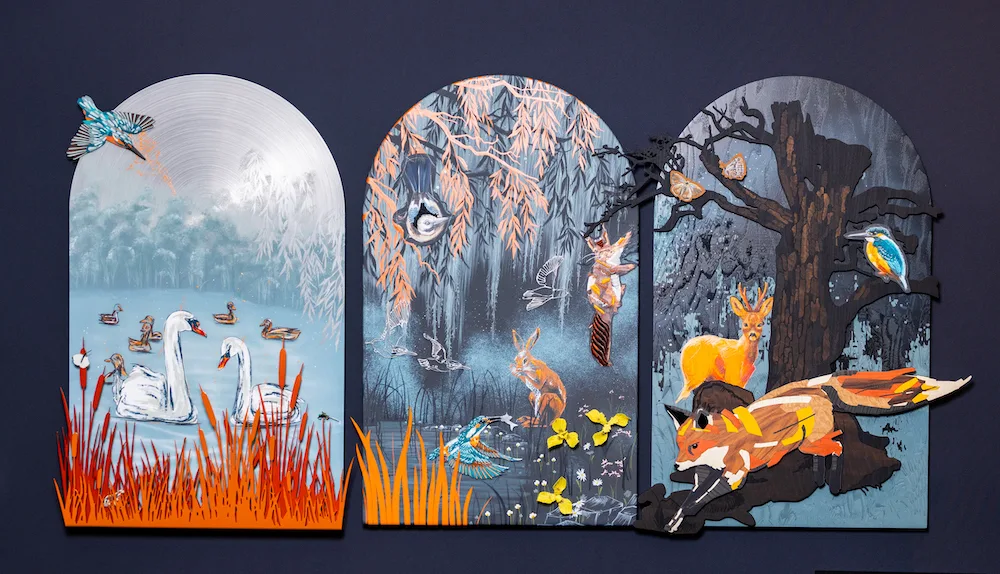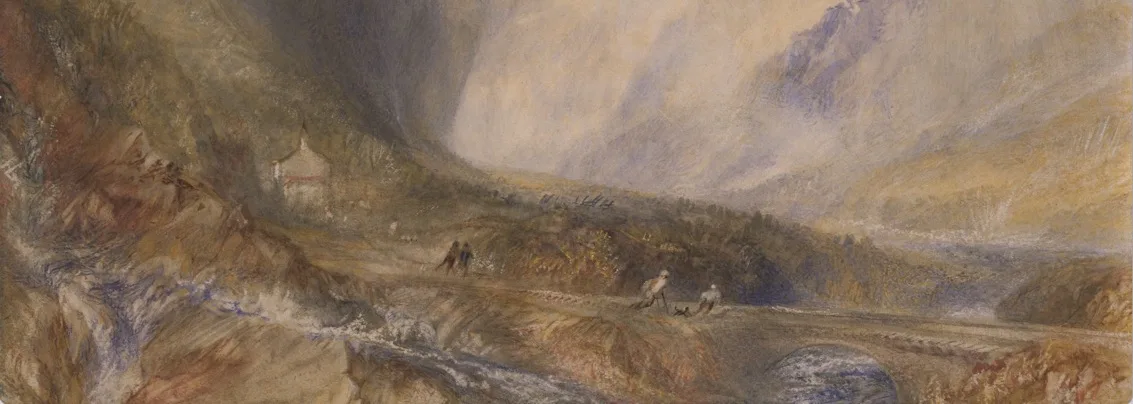17 July – 27 August 2018
The Innsbruck Festival of Early Music is dedicated to musical masterpieces from the Renaissance to the Romantic era. Every summer music aficionados flock to the Capital of the Alps to listen to beautiful melodies and to watch dramatic stage performances. International singers, ensembles and orchestras perform the works of world-renowned composers.
The festival’s core value is a commitment to original sound. This means that not only is the music played on period instruments, but is also based on a full awareness of historical performing practice, and Innsbruck’s imperial past provides the perfect venues to achieve this. The concerts and operas take place in a variety of locations in and around Innsbruck, the most beautiful of which is the Spanish Hall in Ambras Castle with its elaborate wooden ceiling. Other venues include the Treibhaus, the Tyrolean State Theatre and the Hofburg Imperial Palace.
For the 2018 Innsbruck Festival, director Alessandro De Marchi has put together a journey of sound across epochs, styles and countries for the Festival’s 42nd edition entitled “Exciting Worlds”.

Operas from Baroque to bel canto
The performances of (Baroque) operas on original instruments have always been the centrepiece of the Innsbruck Festival, whether on the stage of the Tyrolean State Theatre or in the courtyard of the Faculty of Theology, where the stars of the future make up the Baroque Opera:Young. This time, the young singers are interpreting Francesco Cavalli’s “Gli amori d’Apollo e di Dafne” (The Love of Apollo and Daphne), the Greek mythical world being effectively staged against the backdrop of a shadow theatre. Conductor Alessandro De Marchi and star director Jürgen Flimm’s performance of Giuseppe Saverio Mercadante’s 1823 romantic opera “Didone abbandonata” (The Abandoned Dido) will show that it’s not only Baroque masterpieces but also more recent musical and theatrical works that can be especially effective when the performance is informed with historical awareness. This will certainly be one of the highlights of this year’s festival, as Jürgen Flimm has worked at the most prestigious opera houses in the world such as Milan’s La Scala, the Metropolitan Opera, the Royal Opera House Covent Garden, the Berlin State Opera Unter den Linden, the Zurich Opera House, the Bayreuth Festival and also as artistic director of the Salzburg Festival.
There’s also an Italian theme in the third – and semi-staged – performance at the festival: Johann Adolf Hasse’s serenata “La Semele, o sia La richiesta fatal” (Semele or The Fatal Request) was written in 1726, a few years after the North German composer moved to Naples.

The world in the concert hall and the church
The festival’s programme will take visitors on an extended journey. Spain, England, Germany and South America are strongly represented, for example, in the concerts “Time stands still” in the chapel of Ambras Castle, “Misa Criolla” in the series Open Mind, and “Mysteries”, all about Heinrich Ignaz Franz Biber and Johann Sebastian Bach. But it is Italy which will be playing the main role, and audiences in Innsbruck will be able to immerse themselves in the sound worlds of the Italian music centres of Naples, Venice and Rome. Antonio Vivaldi will represent the Venetian art of composition; Domenico Scarlatti, Arcangelo Corelli, Giovanni Pierluigi da Palestrina and Antonio Montanari will represent the Holy City; and Andrea Falconieri and Giovanni Antonio Pandolfi Mealli will represent Naples.
There will be several of opportunities to hear their works: Anna Fusek and the Ensemble Kavka will bring together “Nordkette and Vesuvius” at the Ambras Castle Concerts; the Ensemble Arminiosa will spread “Vivaldi fever” when “David and Goliath” meet in Innsbruck Cathedral; Italian-influenced church music will be heard at a service in Stams Abbey and the festival concert “Between Heaven and Hell” will shed light on the tradition of Morisco dancers. There will probably be some dancing too, when the Zeitgeist ensemble bring their “Concerto Mobile” to public places in Innsbruck and perform wild sensual Baroque dance music. This is where the festival motto “Exciting Worlds” can be taken quite literally.

Bringing instruments to life
Both wild and gentle music should, of course, sound as beautiful and as original as possible – a feat accomplished not only by virtuoso playing, but also with the help of excellent instruments. No wonder, then, that this time the Innsbruck Festival is placing a special emphasis on the instrument makers. For example, the composer Jakob Stainer (1619-83) will be honoured in concerts, a children’s workshop and a lecture. He was born in Absam, and his violins were played by Heinrich Ignaz Franz Biber and the members of the orchestra who played alongside Johann Sebastian Bach. And it was Stainer who established the ideal sound of Viennese classical music. The festival’s “Windspiele” concert will also commemorate Rudolf Tutz (1940-2017), the Innsbruck woodwind and brass instrument maker whose flutes, clarinets, basset horns, trumpets and oboes based on historical models are played all over the world.
Old music on every path
One of the major concerns of the Innsbruck Festival is to emphasise how music spans the globe and how it must therefore be made intelligible to all. This is evident both in the selection of music and at events such as the lunchtime concerts in the Hofgarten Imperial Gardens, “With Timpani and Trumpets” under the Golden Roof and the final concert in the Cesti singing competition. This is also where the bridge to next year will be built as the winners of the Cesti Competition traditionally always sing at the Young Opera the following year. Children and adults can experience all the splendour and joie de vivre of the Renaissance at the Ambras Castle Festival, which has long been a regular fixture of the summer with its musicians, jugglers, acrobats, noble lords and ladies.

















One Response
Thanks for the article post.Really thank you! Great.